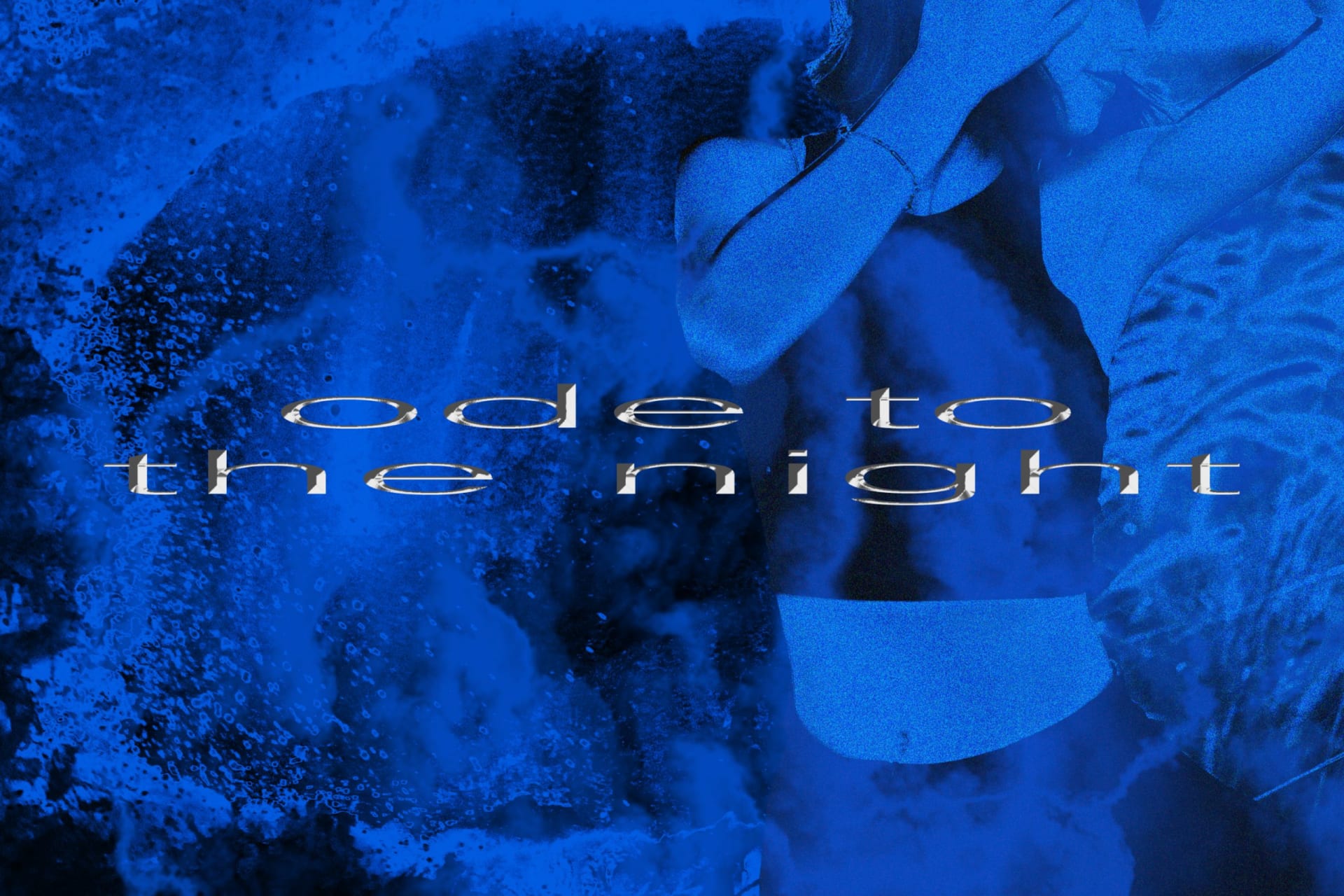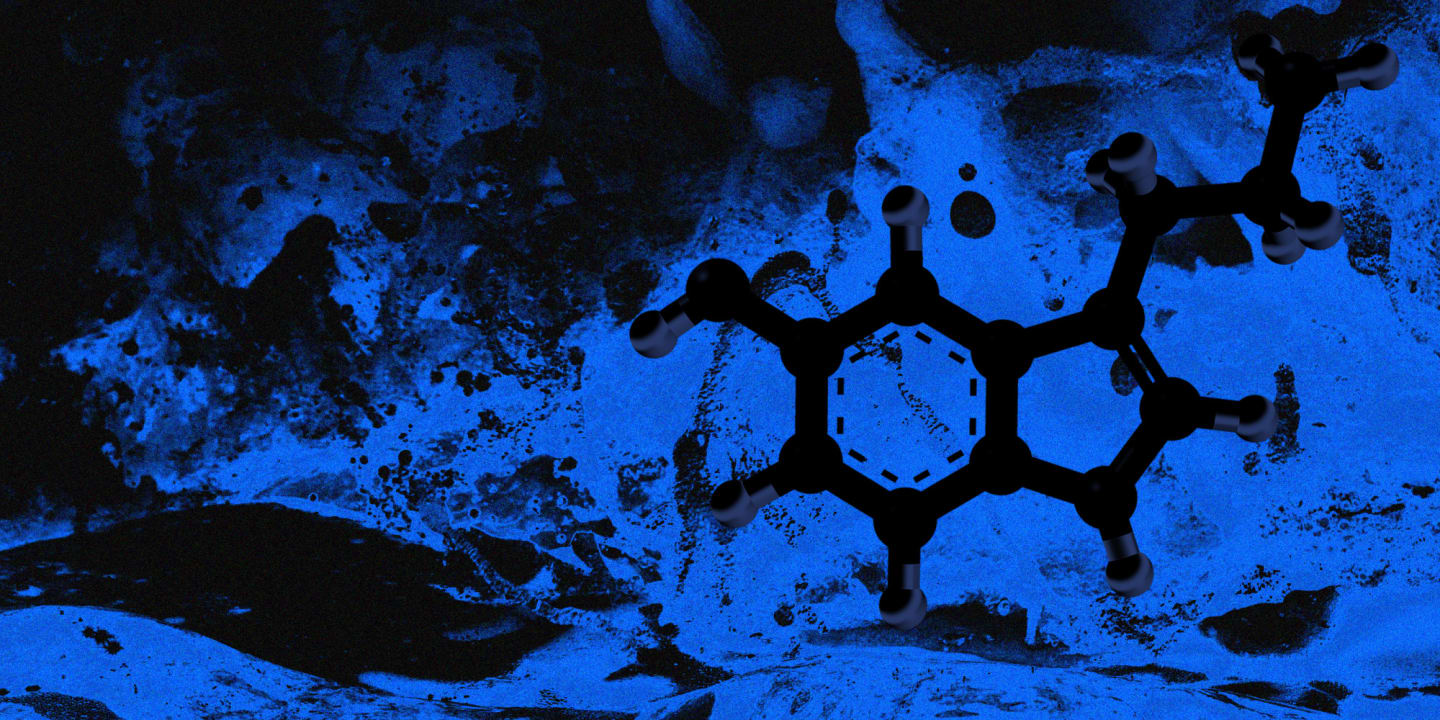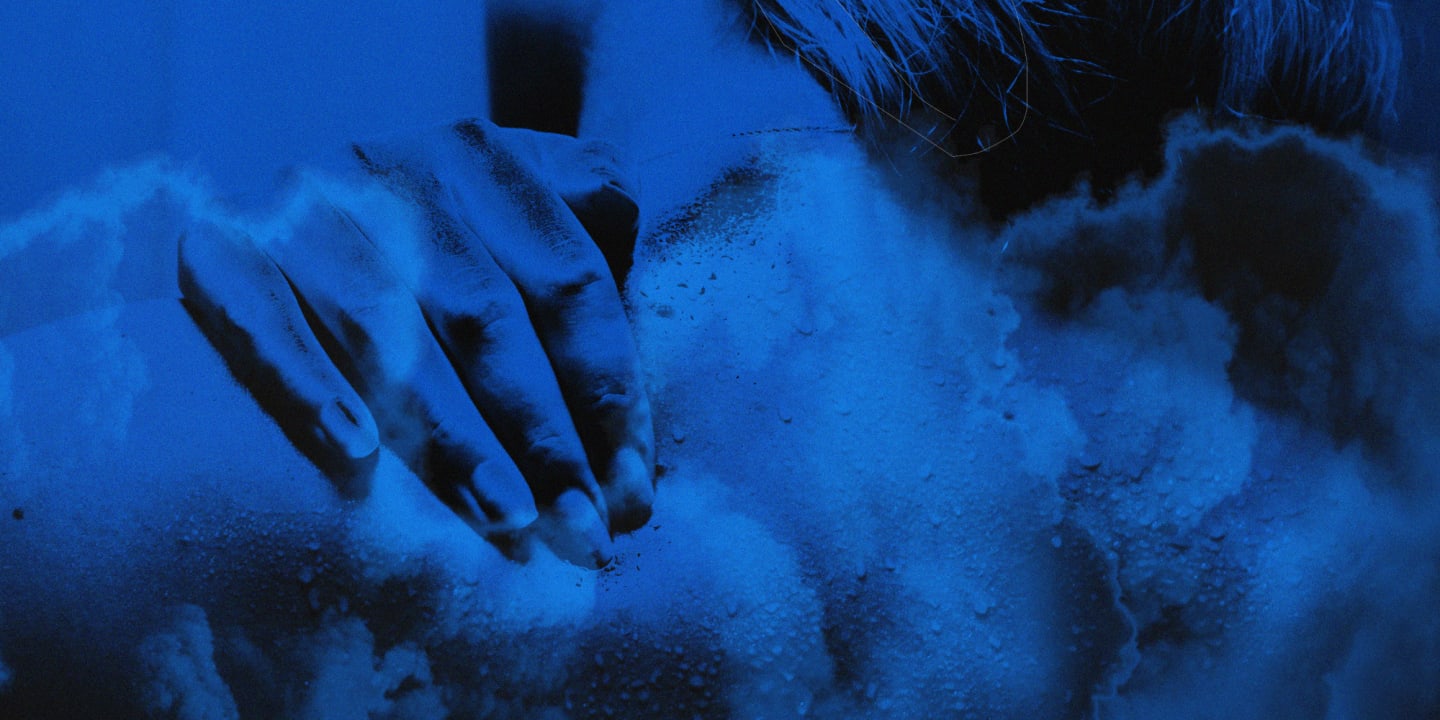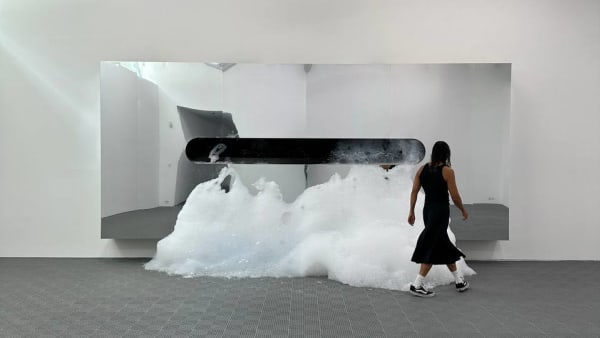

Beyond the Limits of Endurance
For writer Larissa Pham, the journey out of a churning oblivion began with the simple art of active listening.
Our newest series Ode to the Night captures the rave as a rite of passage. Each personal essay reveals how the party scene is as much about hedonism and celebration as it is about coming of age.
In “Beyond the Limits of Endurance”, Larissa Pham puts an end to chasing highs and discovers transcendence by listening earnestly to the pulse of the dancefloor—an otherworldly experience in itself.
The following text contains explicit content. Reader discretion is advised.
–
-
Beyond the Limits of Endurance read by Lisa N'Paisan

I got into nightlife for the most ignoble of reasons: drugs. In college I’d been no stranger to party drugs or the subculture they were a part of—like the hippie Americans, I was of the belief that everything, properly tested, could lead to something, and I was seeking transcendence. But the truth of it was that I wasn’t happy with my life. I wasn’t happy with who I was, or the love I always seemed to be losing. The depression I thought I’d avoided inheriting kicked in after I turned twenty; meanwhile, the toxic brew of racism and sexual fetishization I’d long been subject to as an Asian woman reached a boiling point, only mitigated by the fact that in the language of critical theory I’d finally found words to describe the way I’d been treated. I was equal parts waterlogged with sorrow and ragingly angry. Unhappy, convinced I was unlovable, it seemed easier to run away from my life than stay and confront my problems. If I had to be lonely, I thought, then let me be lonely and chaotic and fey. As the dissatisfaction mounted, I found myself constantly seeking ways to blast it out of my life—to shock it out of my system, like walking into a wall of sound.
This is the moment where some people find religion. For my part, party drugs served to catapult me into the level I sensed existed above ordinary life—they made the world gooey and coated in honey, made time fracture wildly, like we were all moving under strobe lights. From an adolescence steeped in Portland’s local music scene, I knew that live music already had the power to place me on another plane, but I was impatient, and the drugs were a shortcut to amplifying it. They were a tool like any other tool to push away that undercurrent of unhappiness I constantly felt: a tool like casual sex, or taking off my glasses at a punk show and diving into the middle of a mosh pit churning with angry white men. Dissatisfied with the normal world, I constantly sought the otherworldly: it never failed to arrive in some variation of a dark room. I danced. I touched. I took. And the normal dissolved away, replaced by the pop and fizz of sparks.
When I started going to Unter, back when it took place in a warehouse along the East River in Brooklyn—smoking cigarettes in red rooms that looked onto the water, the ember seeming to glow, in the colored lighting, a bright acidic green—it was my first introduction to the freewheeling, like-minded culture that sprang up around electronic music. Suddenly, I didn’t have to be lonely, a pilgrim on her personal self-destructive trip. All around me were people who understood how it felt, or so it seemed. I liked the odd, impersonal sexlessness I encountered as a woman—a dark room full of people dancing, not touching—that just as easily flipped into a frenetic, hopeless grind up against some shadowy wall, soundtracked by a pounding beat. It was the choice that was available; I loved being able to make it. I loved how friendly and caring everyone was; how easily people would take care of each other. How freely everything—water, sweat, tears, pills—flowed, like some kind of fucked-up, glorious dance utopia.

What I wanted in those days was a Kantian sublime that never ended. Something bigger than weather. I wanted to be outside of myself—I didn’t like being in my own head, with the thoughts that constantly threatened to eat away at my sense of self—and I needed something to throw me there, to hurl me bodily into that sparkling, spinning electronic void. Drugs were the shortcut. It made sense to me that doing mushrooms always made me think about god. Nights out it seemed enough to me to be able to put on sturdy boots and party, a dose of narcan in my mini-backpack, sweatily holding hands with my friends. There was a high in every room, and I wanted to catch that high tight in my fist and hold onto it, never letting go.
But I had no taste in all this. I had no sense of the art, no ear for the music—the sole thing that pulsed beneath the sex and the social chatter and the drugs, the ostensible reason we were all here. I liked being on the dancefloor, in a sea of bodies shimmering with sweat, but my attention wandered in the long hours. Sometimes the molly made me anxious, and I’d drift between rooms. Get caught up in some friend’s thorny social situation, accidentally do a bump of k and forget how to read—my iMessages fragmenting into pieces on my phone screen. I liked the wild unpredictability of the party scene: sometimes I did have bad nights, from bad trips or bad boyfriends or a combination of both. But sometimes, no, often, almost every time, emerging from that kaleidoscopic collection of highs to a world even duller and more colorless than the one I had first left, I still had the feeling that I’d simply exchanged one superficial surface for the next.
It wasn’t until the first time I went to a party sober—dead sober, chewing spearmint gum and clutching an icy bottle of water I’d bought at the bar—that I realized that the otherworldly experience I’d been craving had been accessible to me all along, that it had been inside the music, inside the tracks, if only I’d stopped running away from the world long enough to listen and be present. The party in question was a Boiler Room set at a bar in Bushwick, the DJ I’ve long forgotten by now, though I wish now that I could thank them. Some awakening opened up in me then, something I’ve held onto ever since. “Jaime,” I shouted into my friend’s ear. “I can’t believe I’m having this much fun without any drugs.” I closed my eyes and danced. I let the music take me wherever it wanted, and for the first time, maybe, I listened. To where the music took us, through all the moods and beats and variations. And I didn’t run away.
I’d spent so much of my life chasing highs, but I’ve finally learned there’s as much beauty and power in the rumble of the approaching storm as there is in being caught in the howling thick of it. The best part of a song or a set isn’t the drop but the endless minutes or hours approaching it. The beauty of any given night can’t be reduced to an instant, the way a song can’t be summed up in just one note, the way a beat is defined by the repetition of itself. It’s the endurance that makes the whole experience worth it—that I’ve stayed to listen this long. That I’ve been all these places, dancing in this room with so many others, and stayed to see how it finishes.

These days I think about my relationship to the night in terms of endurance. Not just in hours spent at the party—which is another kind of endurance I’ve learned—but in how long I’m mentally willing to give myself the chance to lose myself in another world. To give my attention freely, untethered to physical experience or pain or pleasure or drugs. There’s a different challenge to it—of allowing the flow to overtake me. Of being willing. Patient. Ready. Instead of constantly running, searching for the next best thing, I’ve chosen to stay. At 3 in the morning at Bossa. At 5 am at a party at Sugarhill, having stayed in place for the entirety of a Patrick Russell set, the courtyard full of people smoking cigarettes and the day just barely beginning to break. In the moody, tree-filled basement of VENT in Tokyo, listening to Mayurashka, or the crowded hall of lights at Zig Zag being blasted with the electro of Mr Oizo to the squeals of Parisian teens. In the DIY-style, bricolage rooms of Kater Blau and the cavernous space of ://about blank in Berlin. At an underground party in Mexico City the name of which I never learned, wandering through an abandoned building full of hidden, secret rooms while a laser pinwheeled through fog machines. No matter the club, no matter where I am, once I’m on the dancefloor, I stay.
I still think about one particular set I heard, at Sustain Release, at the end of 2019. It was the first time I’d started an acid trip after sundown—I haven’t abandoned drugs, just become more deliberate about my use of them, and I think there are things in psychedelics that can heal us—and, deep into the night, in those last long hours right before sunrise, I found myself at the grove with my friends, just in time to catch a live set by Antenes, a DJ I wasn’t familiar with. We sat on logs and spread-out mats, our bodies wreathed in a cold fog. A laser cut through the air, sliding through the trees, warping the space; behind the DJ booth a row of vertical lights shimmered in gradients of luminous color, the hues slowly changing. Sometime around 3 am I had tipped over the tab’s most strenuous peak on a different dance floor, but objects still breathed inside my vision, and as we settled into the ambient set—that’s something else I’ve learned to love, ambient music, speaking of endurance—I felt the world susurrating, like it held a secret only we would learn.
The set started out calm, then grew increasingly intense, the lights behind the stage dipping into deep, fiery colors. Glued to my log, arms wrapped around me for warmth, I followed the music as Antenes carried us into a grinding, spiraling darkness, a low, throbbing beat snaking through the grove like some kind of massive, reptilian animal. Minutes passed; I saw people get up and leave in packs, their bodies betraying their anxiety to get out of the darkness. My friends left, as a group—I felt my heart in my throat, but I didn’t want to go. I wanted to see where Antenes would lead us. And right in that moment where I thought I’d have to leave too, when the darkness of the music almost seemed too much to bear, I felt it lighten imperceptibly. The music shifted—like entering a new room with a little more sun in it. Samples of birdsong crept in, played over synths, soaring back upwards in the same spiral we had just traversed, and in another few minutes the music was in a different place entirely. Pulled out of the dream, I looked at the sky. The sun had risen: I was no longer cold. I had stayed for it, the descent into dark night and the journey into morning. I had gone where we needed to go, and emerged from it changed, overwhelmed, overcome with the beauty of being totally present. I felt my whole body settle back into itself as the set came to its end. Stretched my arms, stretched my legs. Behind me, a brilliant mist was rising off the water.
Larissa Pham is an artist and writer in Brooklyn. Her essays and criticism have appeared in the Paris Review Daily, The Nation, Art in America, and elsewhere. She is the author of Fantasian, a novella, and the forthcoming essay collection Pop Song. Follow her on Twitter.
Additional graphic design by Sofia Apunnikova
Published May 19, 2020. Words by Larissa Pham.






Follow @electronicbeats